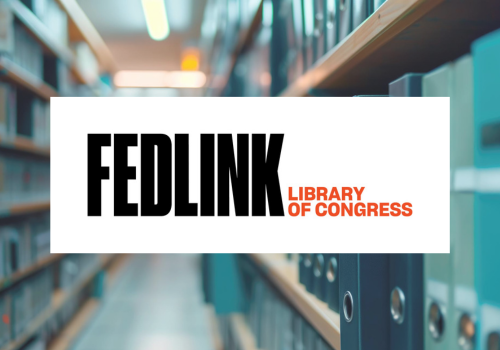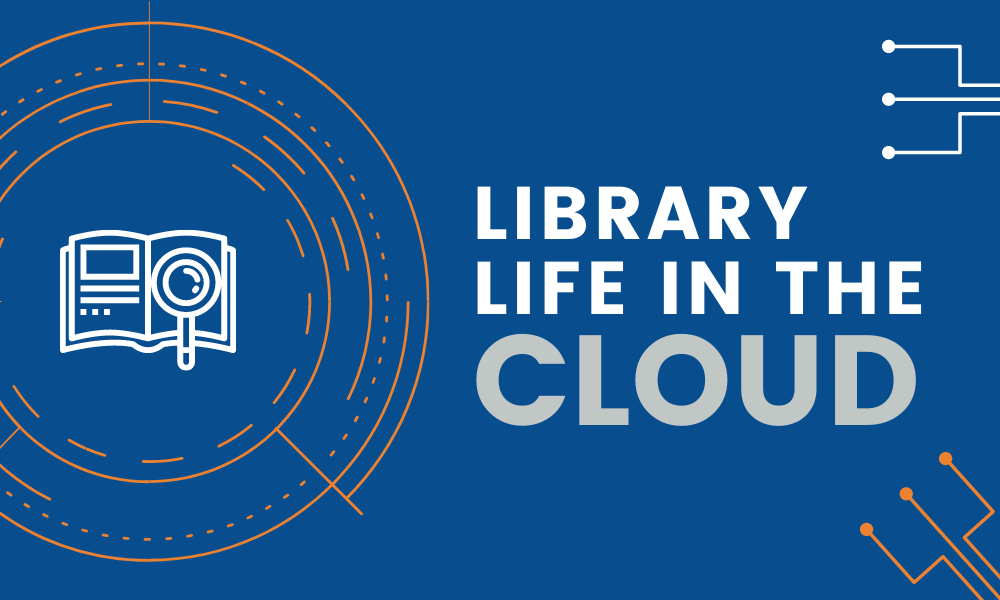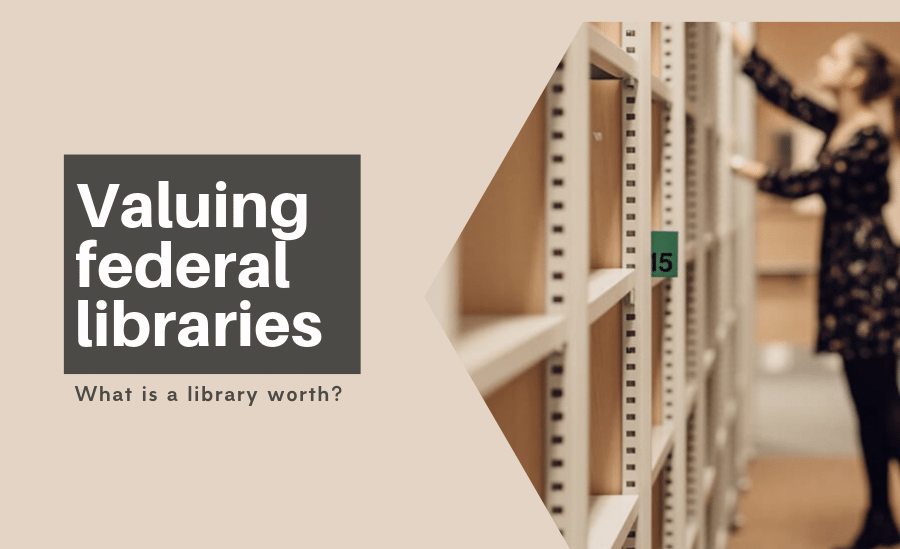I attended the FEDLINK 2018 Fall Exposition held November 7, 2018 at the Library of Congress’ Madison Building. FEDLINK is the Federal Library and Information Network, a consortium of federal agencies for sharing library and information center resources, managed under the auspices of the Library of Congress.
This year’s exposition was focused on the federal procurement process and select topics on copyright, library leadership and agency innovations. I attended two morning sessions, one on licensing and the other on federal acquisitions and payment options.
I’m currently on assignment with LAC Federal at the Department of Education, where I’m the Project Manager in the National Library of Education. I’m sharing these notes for any agency librarians or contractors who were unable to attend, as well as other librarians interested in these topics.
Licensing update
Meg Williams, Deputy General Counsel at the Library of Congress
Meg Williams began her session by going over the basics of licensing, which is explicit permission that allows an activity to take place or authorizes the use, performance or release of something under the control of a license owner. It is a contractual arrangement, involving the exchange of something (usually money) in order to get the license. The contract is itself called a license and this license contract is an authorization to use licensed material between two parties.
License is permission to use property specifically, intellectual property. Licenses are different from copyright. There is no first sale doctrine because the copy is not sold. Copyright is a federal issue, while licensing falls to the state.
Licenses usually have conditions both sides agree to and, if a condition is breached, the license can be revoked. If this happens, you are vulnerable to breach of contract and copyright infringement.
The person who owns the property can’t license more than they have. This can be an issue when you’re dealing with an agent or someone other than the property owner, who is only passing on conditions and limits. This is usually the case when buying from publishers, online services and serials agents.
Contracts are about allocating risk and, in the case of licensing contracts, those could be: Who takes on the risk of users sharing passwords? Who deals with fixing IP addresses? What about changing users? You need to align risk with the party who can control it.
Licensing comes with three parts: legal, business and technical
- Legal terms need to be consistent with federal law.
- Business terms have to be consistent with a master contract, covering such things as IP address, dollar amount, user base and scope of use.
- Technical terms should suit your needs.
Contracts are negotiable to suite specific needs or find mutually acceptable compromises. As such, negotiating success includes having alternatives in mind and the ability to walk away.
Licensing as a government contract. It has to be consistent with federal law and contract law.
- Antideficiency Act: This act prohibits federal agencies from obligations or expending federal funds in advance or in excess of an appropriation, and from accepting voluntary services. For more information, visit US Government Accountability Office.
In the government, only authorized individuals can sign a contract.
- Unauthorized obligations/commitments is defined by The Federal Acquisition Regulation as “an agreement that is not binding solely because the government representative who made it lacked the authority to enter into that agreement on behalf of the government.”
- Click wrap licenses are not binding unless executed by a contracting officer. A clickwrap or clickthrough agreement is a digital prompt that offers individuals the opportunity to accept or decline a digitally-mediated policy.
Acquisitions: It’s your turn!
Lennel Galloway, FEDLINK Business Manager
Lidia Rajeff, FEDLINK Librarian/Network Program Specialist
Crystal Showell, FEDLINK Supervisory Contract Specialist
Lennel Galloway, Lidia Rajeff and Crystal Showell shared information about FEDLINK services and contracts.
Regarding FEDLINK payments, three types are available: direct express, transfer pay and direct pay.
- With direct express, customers simply cite the FEDLINK contract number on any agency purchase order and then take advantage of the low FEDLINK price and pre-established terms and conditions for commercial online database services.
- Direct pay customers access FEDLINK’s pre-negotiated contract vehicles for the best prices on publications and library support services vendors for an annual fee of $1200 and then manage their own orders and invoicing.
- With transfer pay, customers receive the full FEDLINK service– contracting, ordering, vendor relations and fiscal management. An agency can transfer funds to FEDLINK and, for a nominal fee of 7.75%, take advantage of everything from consortia discounts as high as 50% off commercial rates to tailored purchasing plans and guidance, managed competitions, delivery order creation, invoice payments and other accounting services.
For more information on payment types, view FEDLINK’s Direct Express Option 2018 PDF.
Federal product lines
- Books: Print, audiovisual, multimedia, ebooks and audiobooks. Can order title by title (firm order) or by a plan which is like a subscription. The subscription can be based on a subject(s) or other areas.
- Serials: Four contracts with serial agents. You need to give FEDLINK information which includes location and IP addresses.
- Information Retrieval: 72 sole source contracts with vendors. You need to give FEDLINK what you need, costs and the period of performance.
- Other: Preservation, archiving, staffing, copyright and technical services.
The last part of the morning session dealt with Interagency Agreements (IAAs) and contracts.
- IAAs are agreements between two agencies. View an example of a FEDLINK IAA and check out their FAQs page here.
- Two types of contracts: best value vs. sole source. There was also some information on IDIQ contracts.
About FEDLINK
For those people who are not familiar with FEDLINK, following is the description from the Library of Congress website:
“…an organization of federal agencies working together to achieve optimum use of the resources and facilities of federal libraries and information centers by promoting common services, coordinating and sharing available resources, and providing continuing professional education for federal library and information staff. FEDLINK serves as a forum for discussion of the policies, programs, procedures and technologies that affect federal libraries and the information services they provide to their agencies, to the Congress, the federal courts and the American people. FEDLINK serves federal libraries and information centers as their purchasing, training and resource-sharing consortium. Customers can tap into the expertise of federal librarians, contracting officers, financial managers, and customer service representatives — getting the best products and services at the best available prices.”



